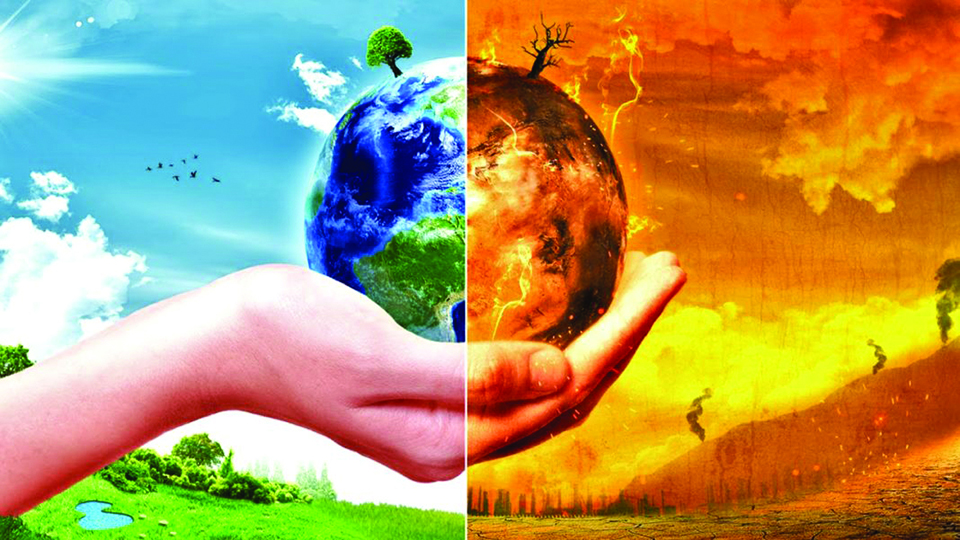“We Live the Crisis”: Women’s Voices from Rural Nepal on the Uneven Burden of Climate Change
In recent months, I traveled across seven provinces of Nepal—some so remote that our climate awareness event was the first of its kind in the area. These were open, honest, and at times painful conversations with women who are living the climate crisis in their bodies, their fields, and their everyday lives.
What I heard wasn’t new in terms of science, but it was powerful in terms of lived truth. And that truth is this: the impacts of climate change are not gender neutral. Women in rural Nepal are being hit the hardest, and in ways that remain invisible to most policies and platforms.
“Our daughters are menstruating earlier. It hurts more now.”
One of the first things the women shared was how climate change is affecting their health—especially their reproductive health. Girls are getting their first periods earlier, sometimes even before age 10. Periods are becoming more irregular, more painful, and harder to manage, especially during hotter summers. Many linked this to heat stress, food insecurity, and a general feeling of constant illness.
These are not random stories. When women across different corners of the country voice the same concerns, it’s not anecdotal—it’s evidence.
SHIFT for Our Planet: Youths urge authorities to make climate j...

“Our education is also at risk.”
This isn’t just about older women carrying water and farming. Even students pursuing higher education are affected. One student from Agriculture University shared how fieldwork, once a vital part of their learning, is now often canceled due to unbearable heat. “We’re supposed to learn by doing,” she said, “but now we stay indoors because it’s too hot to go outside.”
Climate change is robbing them of their education.
“We walk further for water. Our stomachs hurt all the time.”
As local water sources dry up, women are walking longer distances while carrying heavy loads of water. This has led to persistent lower abdominal pain, back problems, and constant exhaustion. One woman told me, “Carrying water is our everyday pain. But now, that pain doesn’t stop even after we put the gagri (water pot) down.”
There’s a clear link between environmental stress and physical health—but it’s not reflected in our health systems, nor is it being discussed enough.
“The rain is confused. So are our crops.”
Farming has always been backbreaking, but now it's unpredictable too. Rain no longer comes on time. Sometimes it’s too much, other times none at all. Crops are failing. On the same land where women once grew three types of grains, they can now barely grow one—and with much more effort than before.
Previously, they watered the fields once a day. Now, they spend a week just trying to get one crop to sprout. Time poverty is real—and it’s gendered.
“We are not just victims. We are also holding our families together.”
Despite everything, women continue to run households, raise children, farm, fetch water, and feed others. And still, they show up—learning, sharing, and asking questions at climate events that often mark their first moment of public recognition.
This is not just a climate crisis—it’s a justice crisis. These testimonies are not data points. They are real lives, marked by pain, adaptation, resilience, and resistance. What I saw and heard is clear: climate justice must be gender justice. We must listen to women, center their voices, and act on their truths—not because they are victims, but because they are leaders. Because they see what’s happening more clearly than anyone else.
This isn’t just about survival. It’s about rights. It’s about justice. And it’s long overdue.
The author climate justice activist and Women of the South Speak Out (WOSSO) Fellow.





































